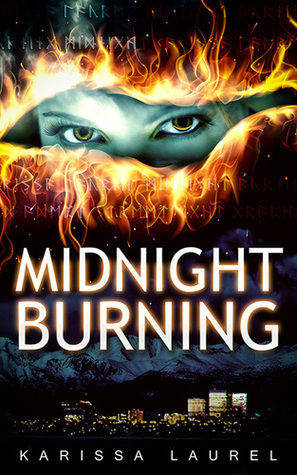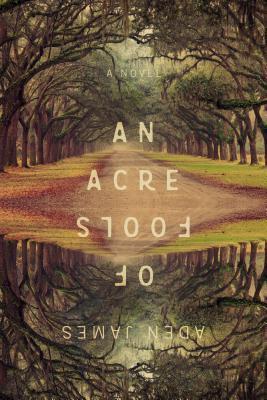
Mathias B. Freese shares his life with readers through
Tesserae: A Memoir of Two Summers. Tessera is the smallest piece of tile used to create a mosaic and Freese uses this definition as an outline for his memories. As he travels back to his childhood and splashes through time much like a Vonnegut pond, Freese sets it all out to dry. He wades through his memories, vulnerable and open, showing readers how life can change with one moment, one person, or even two summers.
This memoir is both about Freese spending two summers in Woodstock and not about Freese spending two summers in Woodstock. It's more focused on how those two summers changed him and though the timeline is a jumble of water droplets, touching and coalescing, readers will be able to grasp the before and after.
Before Woodstock vs. After Woodstock.
Before Woodstock Freese was an emotionally stunted man and he attributes the finding of himself and semi-acceptance of himself to the openness that Woodstock created. Or rather, allowed. As a child, Freese was raised by a depressed mother and a father who never made contact. Freese was alone and therefore lonely. He felt unloved, though he didn't know what love was. This bold pronouncement will undoubtedly pull readers into a sense of emotionally charged empathy. Therefore, Freese the writer gains the vote of the reader. The sympathy associated (or demanded) from a child who admits that he never received love from his parents is given freely. Freese bares his soul in this and readers respond.
Though the two summers at Woodstock are never fully laid out for the reader, Freese does share that the creativity and music were the main attractions for him. Important to note, the drugs were not. Woodstock let Freese be open for the first time in his life. The town, the events, they let him get lost in the creative magic and melody of life and love. Readers take in the impact that Woodstock had on Freese and see how much it helped him. However, he still struggled with love, commitment, understanding, and acceptance.
Mathias Freese is an inspiring and inspired man, often quoting philosophers and other writers, even movies. And he has his scars much like anyone else. Freese, while sharing his change for the better, doesn't leave out the bad. He admits to being a shoddy father and an adulterer. He blames himself for many things, trying, yet failing, to hide from their repercussions. This doesn't allow readers to like him anymore as a narrator, but it does make him more trustworthy. Sharing the bad is much more difficult than sharing the good and Freese faces that head-on.
The memoir is written as a collection of essays jumping through the years in a non-linear way. It truly reminded me of Vonnegut's lake in Slaughterhouse Five. The memoir even includes therapy session scripts, which I assume are legitimate, and chapters written from the perspective of his children, which may just be creative nonfiction, though I'm not sure. They seemed of the same writing style of Freese and one was written in past tense (as if Freese had died) so I'm leaning more towards the fact that it could be a projection of sorts.
Tesserae: A Memoir of Two Summers is so much more than a memoir. It's a study of life and love and shattered pieces of the soul that somehow make up a person. It's a self-analysis with as much honesty as can be given, each tile laid out to create the whole.
Rating: 4.5/5 Cups












